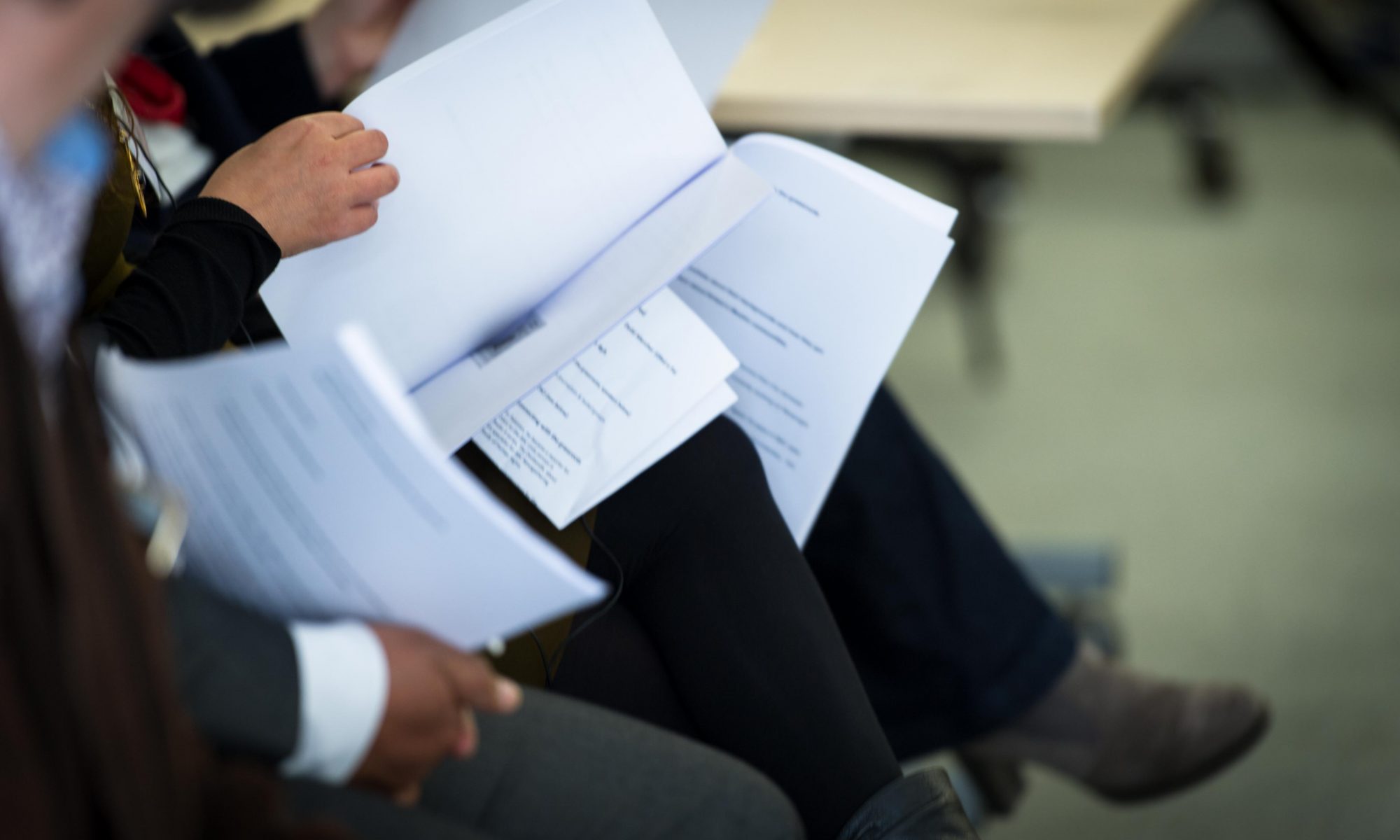With thanks to Isabel Baylis for this guest blog. Isabel is the Equality and Diversity Manager at Matrix Chambers.
An expert panel of barristers and recruiters with disabilities came together to answer questions and offer advice to disabled applicants at the Bar Council’s ‘Applicants with a Disability’ Seminar at the National Pupillage Fair on 27th October 2018.
Below are their top tips in response to questions asked by an audience of disabled law students:
The panel consisted of:
- Isabel Baylis: Equality and Diversity Manager at Matrix Chambers and has lived experience of epilepsy and brain injury.
- Rachel Barnes: English barrister and New York attorney with 3 Raymond Buildings. Rachel wears hearing aids.
- Marisa Cohen: Barrister at Doughty Street Chambers. Marissa has a profound hearing impairment and uses bilateral cochlear implants. She also has a visual impairment.
- Daniel Holt: Daniel is a BPTC student at City Law School who has founded the Association of Disabled Lawyers. He has cerebral palsy and uses a wheelchair.
Top tips
Asking for reasonable adjustments
- Remember you are not alone. There are many disabled barristers and judges who ask for adjustments in order to be able to do their jobs properly.
- Be confident when asking: You are not asking for special treatment but to get equal treatment. If you have been successful in securing pupillage your Chambers is invested in you and want you to succeed.
- You should be clear before you ask what exactly you need. For many Chambers this will be the first time they are dealing with a person with your particular condition and implementation will go much more smoothly if you can advise them. You can prepare yourself for this in several ways: First, think about the adjustments and equipment you need at university. Secondly, do work experience, particularly mini-pupillages so that you can assess any additional needs you may have when working as a barrister.
Finally, the Bar Council offers a confidential equality and diversity helpline to all pupils and members of the Bar on which you can discuss reasonable adjustments. The direct line telephone number is 020 7611 1426.
Should you consider how disability-friendly a Chambers is before applying?
- The fundamental questions you should be asking yourself when applying to a Chambers relate to career, such as the type of law you want to work in, opportunities for progression and whether you would enjoy the atmosphere
- However, you should be aware that some Chambers are more forwards thinking or experienced in dealing with disability than others. You should not let it put you off if you will be the first barrister with a disability because you will be able to educate them and hopefully help anyone who follows you.
Dealing with discrimination
No one on the panel had experienced direct discrimination but had faced some hurtful or unhelpful comments.
- You may hear people say that they don’t think you’ll be able to become a barrister or that you may be able to do it but the barriers are so high you should think about a different career instead. These comments tend to stem from ignorance rather than a desire to prevent disabled people entering the profession. Do not listen to their advice or let it hurt you. Stick to your goals and try to meet other disabled barristers to share support and advice.
- You may have difficulties when someone does not understand why you are behaving differently from the procedure they are used to. The example given was when a barrister was shouted at by a judge for bringing in a piece of recording software as the judge had not been alerted that the barrister had an impairment and it is ordinarily forbidden to record in the court. You must explain clearly and confidently why you need the equipment. In this instance, the judge was very apologetic when he found out she needed the software for her hearing impairment.
Conclusion
There are factors relating to disability that you will have to consider to be successful at pupillage, such as whether you need support or adjustments to do your best job. However, if you are organised, understand what support you need and are confident asking for it, you should be able to overcome these obstacles. Furthermore, having had to deal with any disability-related setbacks will give you qualities of resourcefulness and tenacity very valued at the Bar.
Do not let your impairment prevent you from applying for pupillage and good luck!

